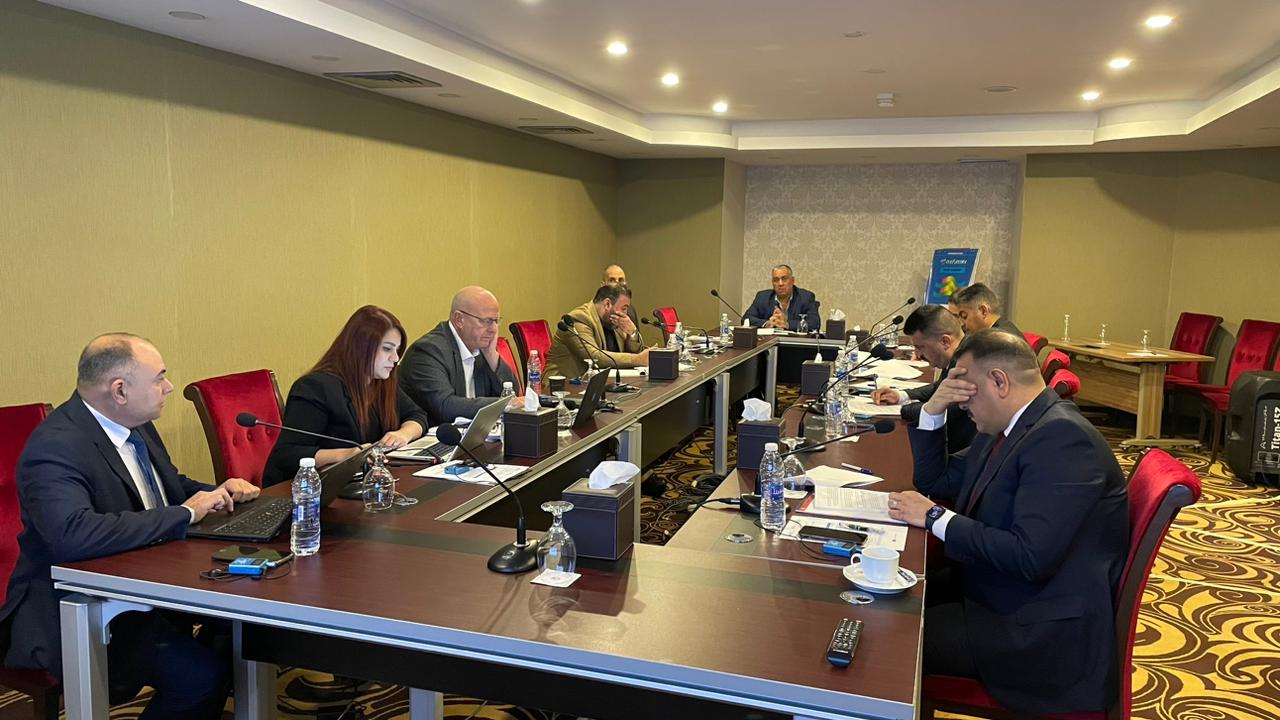
NGOCSTIP – International Cooperation in Fighting Human Trafficking has become one of the most effective ways to address this grave issue that transcends borders. Human trafficking, one of the most severe forms of exploitation, involves the illegal trade of individuals for purposes like forced labor, sexual exploitation, and more. The global nature of trafficking requires a collective response from nations around the world. Without international cooperation, it becomes increasingly difficult to fight the sophisticated and often hidden networks responsible for trafficking. By forging strong partnerships, countries can enhance their efforts to prevent and combat trafficking while supporting victims more effectively.
Human trafficking is a transnational crime, and traffickers often operate across borders, exploiting weak regulations and gaps in law enforcement. Traffickers can move their victims from one country to another, making it almost impossible for any one nation to effectively tackle this issue alone. International cooperation ensures that countries collaborate, share intelligence, harmonize their laws, and create a coordinated approach to combat trafficking.
The United Nations and organizations like INTERPOL play a significant role in facilitating this collaboration. For example, INTERPOL provides a platform for sharing criminal data, which can help identify trafficking routes, as well as individuals involved in these operations. Through these global networks, nations can work together to track traffickers, identify victims, and take coordinated action to shut down trafficking rings.
“Read about: Spotting the Signs of Human Trafficking: How You Can Help”
One of the main challenges in fighting human trafficking is the variation in laws across countries. Some nations may have stricter anti-trafficking laws than others, creating loopholes traffickers can exploit. International cooperation allows countries to work together to align their laws, making it harder for traffickers to operate across borders.
The Palermo Protocol, adopted by the United Nations in 2000, is a significant step in the harmonization of anti-trafficking laws. It serves as a legal framework to help countries criminalize trafficking, protect victims, and promote international cooperation. By adopting similar legal standards, countries can make it more difficult for traffickers to exploit differences in legal systems.
Effective counter-trafficking efforts depend on the ability to share information across borders. Human trafficking is often hidden within legal industries such as agriculture, hospitality, and construction. Traffickers use fraudulent documents, bribery, and other deceptive tactics to cross international borders. To combat this, countries need to share intelligence on known traffickers, trafficking routes, and victims.
Agreements between nations, such as the European Union’s Schengen Information System, allow countries to share information quickly. These systems help identify suspected traffickers, missing persons, and those at risk of being trafficked. The more countries cooperate on intelligence gathering, the better they can track and disrupt trafficking operations.
Another vital aspect of international cooperation is the creation of joint task forces and coordinated investigations. When multiple countries unite their law enforcement resources, they can better target trafficking networks that span across regions. These task forces bring together experts from various fields, such as investigators, legal professionals, and social workers, to address trafficking comprehensively.
For instance, Operation Liberty was a multinational effort involving INTERPOL, the FBI, and local law enforcement agencies, which successfully dismantled a large-scale trafficking network operating in several countries. Joint investigations not only increase the chances of catching traffickers but also provide an opportunity for countries to support each other in legal proceedings, ensuring traffickers face justice regardless of where they are caught.
“Read more: Early Childhood Caries (ECC): Protecting Your Child’s Smile”
An essential part of international cooperation is the protection and rehabilitation of trafficking victims. Trafficking survivors often suffer from severe physical and psychological trauma. They may be left stranded in foreign countries, without any legal status or means of survival. International cooperation ensures that victims can receive the necessary support, including access to shelters, legal assistance, and health services.
Countries can collaborate to establish safe repatriation programs, allowing victims to return to their home countries without fear of further victimization. The United Nations High Commissioner for Refugees (UNHCR) plays an important role in coordinating these efforts, ensuring that trafficking victims receive protection and support, no matter where they are found.
Tackling human trafficking also involves strengthening border security and creating more robust migration policies. By improving the monitoring of border crossings, countries can reduce the opportunities traffickers have to smuggle victims across borders. International Cooperation in Fighting Human Trafficking plays a vital role in streamlining immigration procedures and implementing joint anti-trafficking measures that detect fraudulent documents or suspicious activity.
Agreements such as the Global Compact for Migration offer guidelines for managing migration safely and orderly, which also helps prevent trafficking. Through International Cooperation in Fighting Human Trafficking, countries enhance coordination in tracking the movement of individuals and identifying potential trafficking situations early.
Organizations such as the United Nations Office on Drugs and Crime (UNODC), INTERPOL, and Europol are crucial in fostering international cooperation in the fight against trafficking. They provide a platform for countries to share resources, expertise, and best practices. Additionally, they help countries with the implementation of anti-trafficking laws and provide technical assistance to strengthen law enforcement efforts.
Regional initiatives, such as the ASEAN Convention Against Trafficking and the African Union’s Programme of Action on Human Trafficking, also encourage collaboration between neighboring countries to tackle trafficking at a regional level.